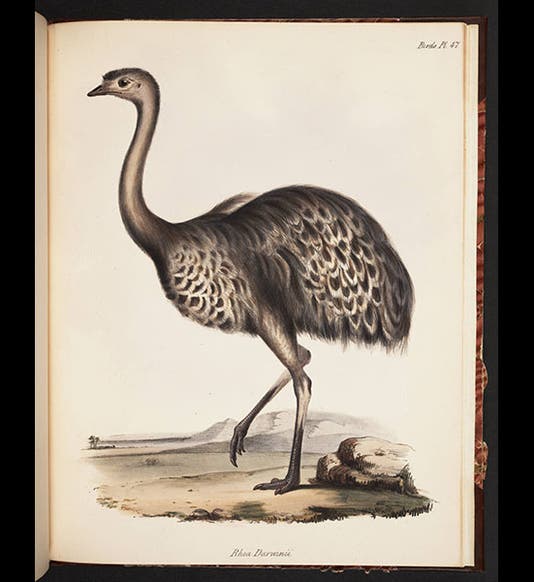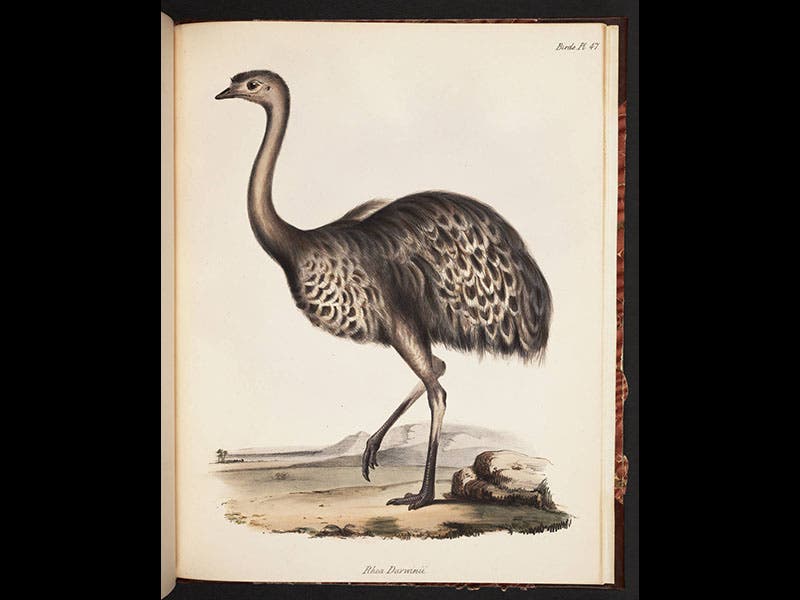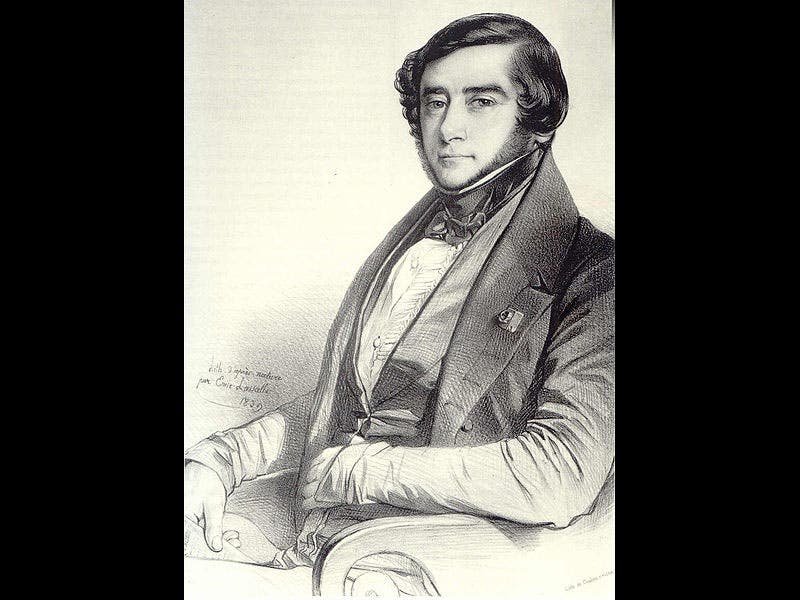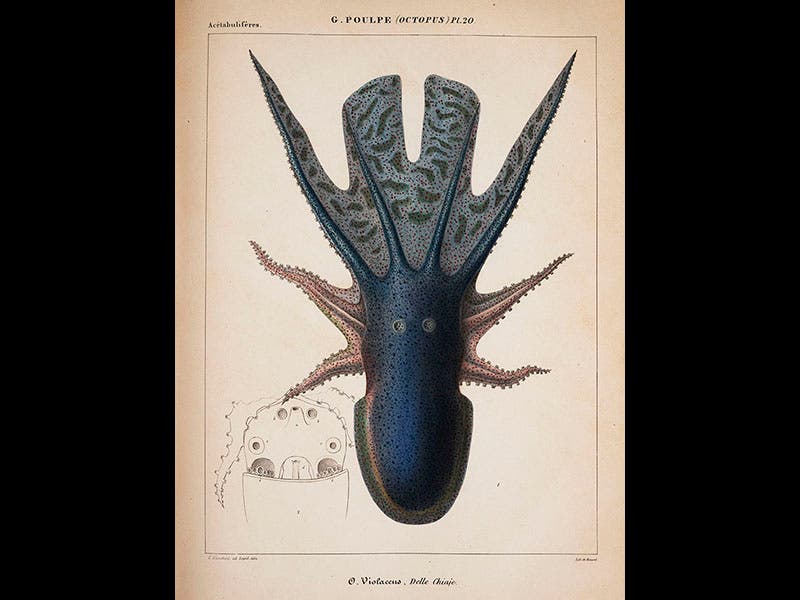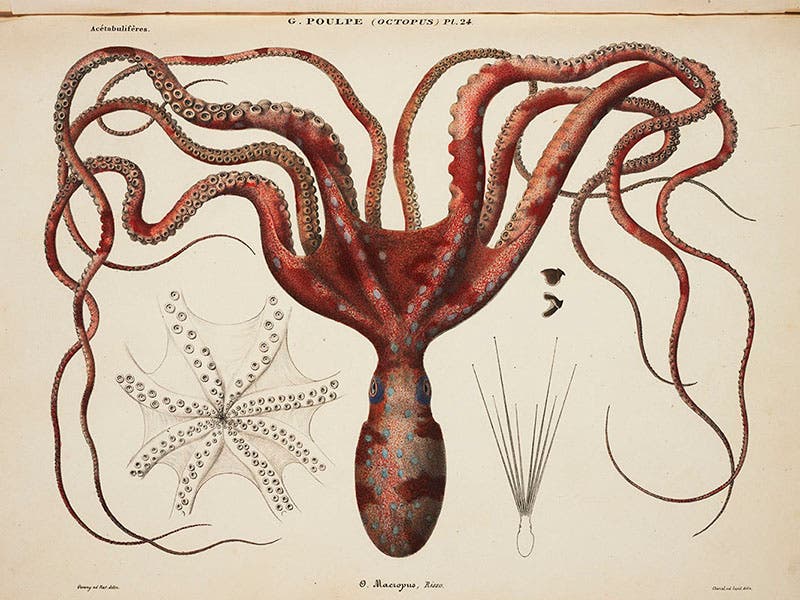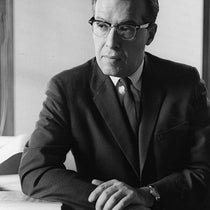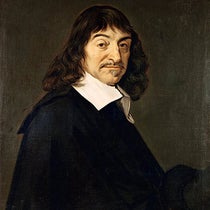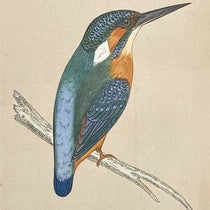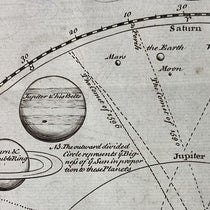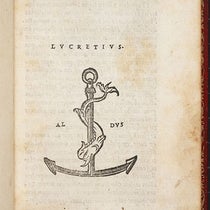Scientist of the Day - Alcide d'Orbigny
Alcide d'Orbigny, a French naturalist, died June 30, 1857 at age 54. In 1826, the Paris Museum of Natural History sent Orbigny to South America to collect specimens, which he did with enthusiasm until 1833, sending back thousands of items. Darwin encountered Orbigny’s shadow in 1832 when he arrived at the Rio Negro in Patagonia on the Beagle voyage and learned that Orbigny had been there for the previous six months and had just sailed around the Horn. In a letter back home to his mentor John Henslow, Darwin grumbled that Orbigny had probably collected all the good stuff. A little later, Darwin found the partial remains of a new species of Rhea, smaller than the common variety (Darwin actually collected his specimen from a stew pot, where the cook had been preparing it for dinner). Darwin's colleague John Gould later named it Rhea darwinii. Unbeknownst to Gould or Darwin, Orbigny had beaten him to the punch here as well, collecting a specimen ahead of Darwin and naming it Rhea pinnata before Gould published his name. So the term "Darwin's rhea" is now only a colloquial term, with no scientific validity. There is a wonderful lithograph by Elizabeth Gould of Rhea darwinii as it appeared in Darwin’s Zoology of the Beagle, when the name was still valid (see first image above). Orbigny published an account of his South America adventures, Voyage dans l’Amérique méridionale (1835-47), which we do not have at the Library. But we do have a splendid edition of his Natural History of Cephalopods [!octopi!], with handsome colored engravings of your favorite squid. We included this work in our 2013 exhibition, Crayon and Stone; the image we displayed, plus a bonus, can be seen above (third and fourth images). Dr. William B. Ashworth, Jr., Consultant for the History of Science, Linda Hall Library and Associate Professor, Department of History, University of Missouri-Kansas City. Comments or corrections are welcome; please direct to ashworthw@umkc.edu.

